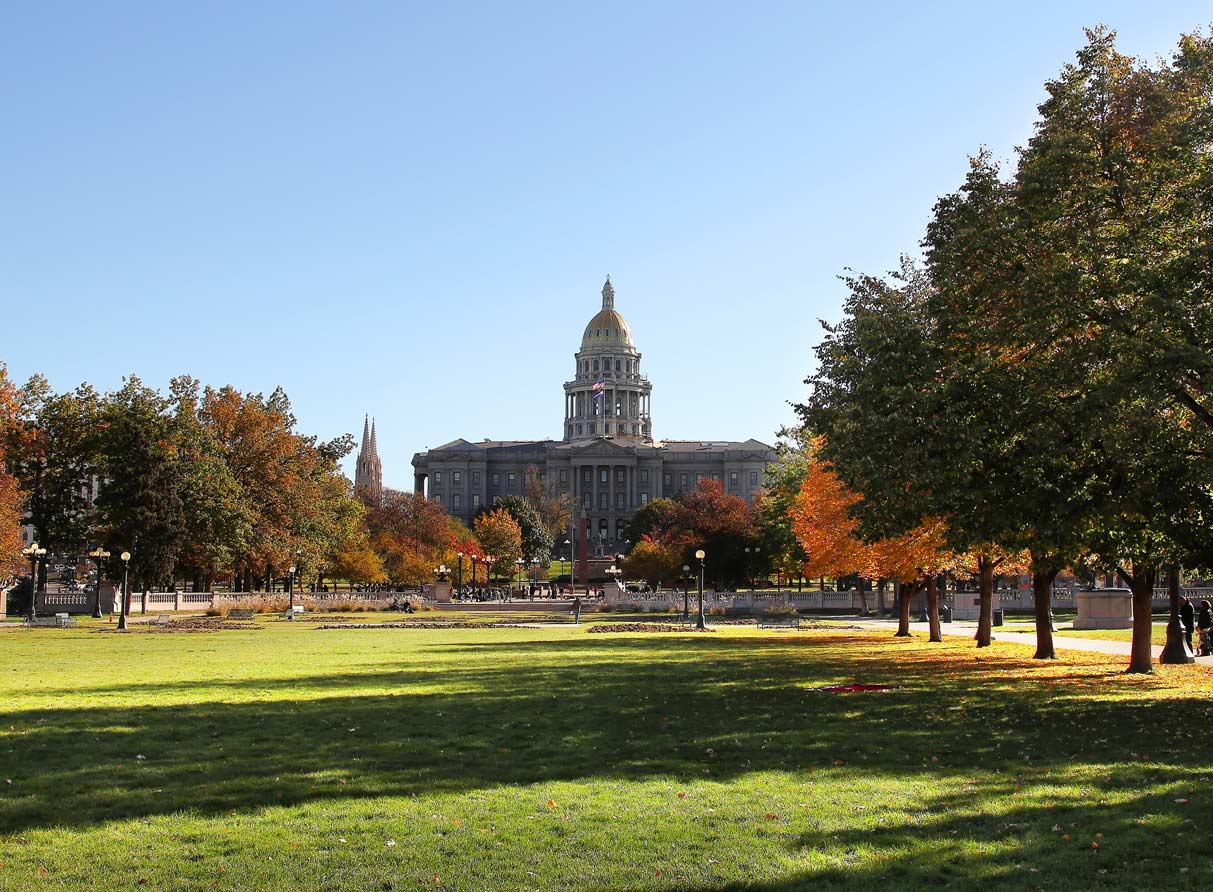Since CREA is the trade association charged with protecting the interests of Colorado’s electric co-ops, one of our most important jobs is to carefully monitor the activities of the Colorado General Assembly. To that end, we deploy a top-notch government relations team that actively engages the legislature — from the moment the session starts in January until the end-of-session gavel falls in May. During that 120-day period, we have the backs of our members, and we do our best to defeat or mitigate legislation that, in the view of our members, is not in the best interests of Colorado’s electric co-ops.
Since we recently passed the halfway point of the 2024 session, some observations are in order.
First, while some progress has been made toward improved decorum and a better working relationship between the parties, there is still a lot of room for improvement. It’s understandable, and in fact laudable, that legislators are passionate about their policy positions. However, in too many cases passion turns into rancor, and policy arguments devolve into personal attacks. The ability to “disagree without being disagreeable,” as journalist Robert Estabrook once put it, is a skill set many legislators need to hone.
Second, the number and scope of bills that have been introduced this year relating to energy issues demonstrates the ongoing interest of the legislature in the power sector. These legislative proposals span a wide range of topics.
For instance, HB24-1246 would have required electric utilities to develop contingency plans to maintain the resilience of the electric grid in the event of a geomagnetic storm. Without going into a detailed explanation of what constitutes a geomagnetic storm, suffice it to say that such events can wreak havoc on the electric grid, possibly causing voltage problems or blackouts. While this bill was killed in its first committee, it nevertheless pointed out valid concerns with events that could impact the reliability of electric service.
SB24-039 would have included nuclear energy in the definition of “clean energy resources” for purposes of the Colorado law requiring the reduction of carbon dioxide emissions from the electric utility sector. The bill pointed out that nuclear energy is the largest source of carbon-free electricity generation in the United States today. The 54 nuclear power plants (93 reactors) currently in operation produce about 50% of the country’s carbon-free electricity. This bill was also killed in committee.
CREA supports HB24-1173, legislation that would expedite the process for the permitting of electric vehicle charging stations. The bill requires counties and cities to act promptly when considering applications for EV charging stations. Electric co-ops are ready and willing to serve the growth of EVs around the state and more charging facilities are needed to sustain that growth. We think a more standardized process may facilitate the build-out of EV charging stations.
As of the writing of this column, the most significant energy bills in the 2024 legislative session have yet to be introduced. By the time you read this, it’s likely that another bill advancing the clean energy transition will have been introduced that will accelerate the goal of 100% clean energy by 2050 (a goal the legislature set in 2023) to 2040.
CREA staff has been engaged with the discussions leading up to the introduction of this bill and made every effort to mitigate the impacts of the bill on electric co-ops. We will always push back against proposals to expand the jurisdiction of the Colorado Public Utilities Commission over electric co-ops. Electric co-ops are rightly governed by their locally elected boards, and we will always advocate for the least regulatory oversight in how co-ops are governed and managed.
Finally, we also understand a bill will be introduced that is intended to expedite the siting of facilities needed for the clean energy transition, i.e., wind and solar farms, transmission lines, and other new facilities. CREA participated in a series of meetings on this topic last year and discussed our member co-ops’ experience in siting traditional facilities for power production and transmission. It will be interesting to see whether the historic challenges associated with the siting of power plants and transmission lines (the “not-in-my-backyard” or NIMBY problem) will be any different in the context of renewable energy projects.
Every session of the Colorado legislature has a unique set of challenges, and the 2024 session is no different. We will continue to fight the good fight on behalf of Colorado’s electric co-ops, but always respectfully and with the goal of reaching win-win solutions. Our members expect and deserve nothing less.
Kent Singer is the executive director of CREA and offers a statewide perspective on issues affecting electric cooperatives. CREA is the trade association for 21 Colorado electric distribution co-ops and one power supply co-op.

